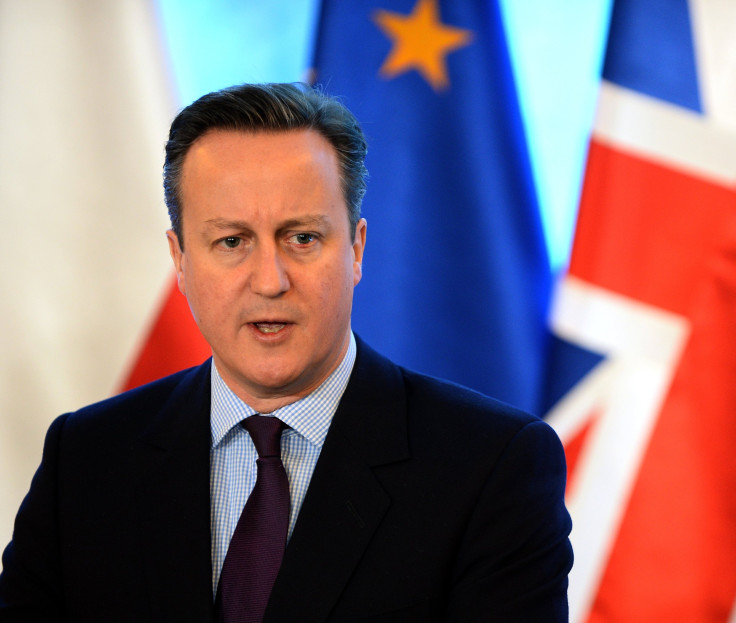Brexit Vote Clouding UK’s Growth, Says Top British Business Lobby

Britain’s economy could face a slowdown due to uncertainty about its relationship with the European Union, the U.K.’s largest business lobby group, the Confederation of British Industry (CBI), said Thursday. The group also cut its growth forecast for the country in 2016 and 2017 in its quarterly economic forecast, citing weak performance at the end of last year and a slow rise in household spending expected this year.
With British Prime Minister David Cameron set to renegotiate terms of the country’s membership with the EU in a summit next week, the report hinted that the prospects of a referendum before 2017 would drag down net trade and household spending this year, ultimately affecting the U.K.’s GDP growth.
"While there's little current evidence of uncertainty negatively affecting business investment ahead of the EU referendum, this is a potential risk to the U.K.'s solid economic outlook," Carolyn Fairbairn, director general of the CBI, said.
The employers' group cut its 2016 growth forecast to 2.3 percent from 2.6 percent and lowered its 2017 projection to 2.1 percent from 2.4 percent. In October last year, the CBI said that the benefits of the bloc's membership outweigh the disadvantages.
Thursday’s forecast by the CBI is the latest in a string of industry reports that have expressed concern over slipping investor confidence as many EU countries may not agree to Britain’s demands for staying in the union. Earlier this week, Goldman Sachs reportedly said the pound could lose up to 20 percent in the event of a vote for Brexit, echoing a similar prediction by Citibank last week.
“Leaving the EU would hit exports, investment and consumer spending, while workforce growth would slow because Brexit would lead to a drop in inward migration,” the Citibank survey said, according to Reuters.
Economists at Nomura reportedly said Tuesday that an exit from the EU could provoke a U.K. recession by aggravating existing structural issues such as the large current-account deficit.
Cameron has promised to hold a referendum before the end of 2017, but it is widely expected to take place this summer. As other EU chiefs debate changes to the U.K.’s rights and responsibilities within the union, Cameron hopes that a deal with the EU will persuade Britons to endorse continued membership in the EU.
© Copyright IBTimes 2024. All rights reserved.





















